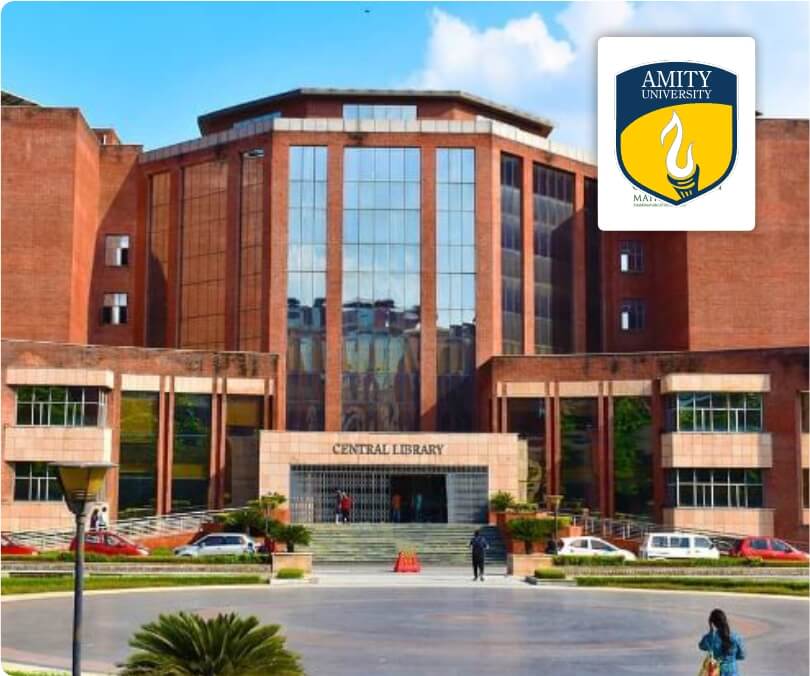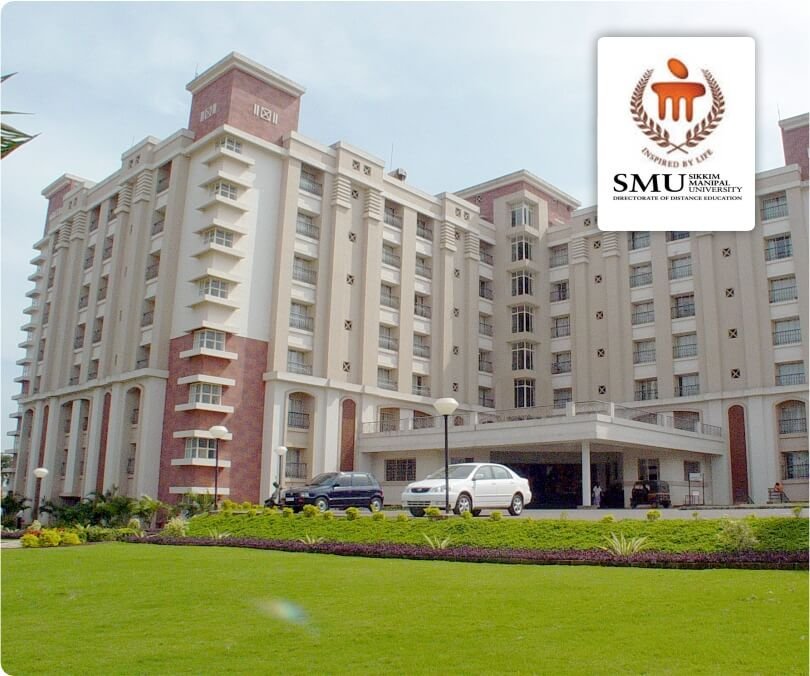
Cost of Distance Education in India: Complete Guide
Distance education in India is reshaping how students pursue their dreams. Imagine earning a degree from top universities like IGNOU or DU SOL, all while balancing work or other commitments.
It’s a flexible option, but like any investment, it’s important to understand the costs involved. While it offers convenience, the financial aspects can vary. Tuition fees, study materials, and additional charges depend on the course and university.
Factors like course type, university reputation, study materials, exam fees, and location influence the cost of distance education. Being aware of these costs will help you make an informed and budget-friendly decision.
Factors Influencing the Cost of Distance Education
Type of Course (UG, PG, Diploma, Certificate)
The cost of distance education varies by course type. Undergraduate (UG) courses like BBA or BA are generally the most affordable, while postgraduate (PG) programs such as MBA or MCA are more expensive due to their advanced curriculum.
Diploma and certificate programs are shorter and usually cost less, but specialized programs often have higher fees due to their industry focus. In short, the more advanced the course level, the higher the fees, with UG courses being the most affordable and PG and specialized diplomas being more expensive.
University Reputation and Accreditation
The reputation and accreditation of a university directly impact the cost. Well-known universities like IGNOU or DU SOL charge higher fees due to their quality and recognition. UGC-DEB-approved institutions are authorized to offer distance education, and while their costs are standardized, prestigious universities may charge more for better resources and support.
Mode of Learning
The mode of learning affects the cost of distance education. Online courses often have lower fees as they primarily rely on digital study materials and virtual interactions, reducing overhead costs. Offline courses, on the other hand, may include physical study materials, in-person workshops, or live sessions, which can increase fees due to additional resources and administrative costs.
Location and Regional Differences
The location of a university can impact the cost of distance education. Metro universities in cities like Delhi or Mumbai tend to have higher fees due to infrastructure costs, better resources, and higher demand.
In contrast, non-metro universities in smaller towns may offer more affordable programs due to lower operational costs, though the quality and support services might vary.
Fee Structure for Various Courses
- Undergraduate courses like BBA, BCom, and BA typically have fees ranging from ₹10,000 to ₹50,000 per year, depending on the university.
- Postgraduate courses such as MBA, MCA, and MCom generally cost between ₹30,000 and ₹1,00,000 annually, with MBA programs often being on the higher end due to their specialized nature.
- Diploma and certificate programs are more affordable, with fees ranging from ₹5,000 to ₹30,000 for short-term courses, depending on the specialization and university.
Additional Costs Beyond Tuition Fees
- Examination Fees: These usually range from ₹1,000 to ₹5,000 per semester and cover the cost of exam registration, evaluation, and certification.
- Study Material Costs: Physical study materials may cost between ₹2,000 to ₹10,000, while online materials are often included in the fee, though some universities charge separately for digital resources.
- Library Fees, ID Cards, and Miscellaneous Charges: These can add ₹500 to ₹2,000 annually for library access, ID card issuance, and administrative costs.
- EMI and Loan Options: Many universities offer EMI options, allowing students to pay fees in installments. Additionally, educational loans are available from banks for those who qualify, covering the full course fee.
Scholarships and Financial Aid
- Government Scholarships: Various government schemes like the National Scholarship Portal (NSP) provide financial aid to distance education students, especially for those from economically weaker sections.
- University-Specific Scholarships: Many universities, such as IGNOU, offer scholarships or fee waivers based on merit, financial need, or reserved category status.
- Private Sector Support: Companies often provide sponsorships or education loans for employees pursuing distance education. Some universities also offer EMI options for easier payment.
Distance Education vs Regular Education Costs
- Tuition Fees Comparison: Distance education programs generally have lower tuition fees compared to regular courses. For example, distance MBA fees may range from ₹30,000 to ₹1,00,000 annually, while regular MBA programs can cost ₹3,00,000 or more.
- Accommodation and Travel Savings: Distance education eliminates the need for accommodation and commuting costs, making it significantly more cost-effective, especially for students in remote areas who would otherwise need to relocate for regular classes.
How to Choose a Cost-Effective Distance Education Program?
To choose a cost-effective distance education program, students should:
- Research Tuition Fees: Compare fees across universities and programs to find one that fits your budget while offering a good quality education.
- Check Accreditation: Ensure the university is UGC-DEB approved to guarantee the legitimacy and quality of the course.
- Look for Hidden Costs: Review the total cost breakdown, including examination fees, study materials, and any additional charges.
- Explore Scholarships and EMI Options: Take advantage of available financial aid, scholarships, and installment payment plans to reduce upfront costs.
Conclusion
In conclusion, the cost of distance education in India depends on factors like course type, university reputation, mode of learning, and additional charges such as exam fees and study materials. While distance education can be more affordable than regular education, it’s essential to understand the full cost breakdown.
Overall, distance education is financially feasible for many, offering flexibility and lower costs, especially when compared to traditional on-campus programs. Prospective students should research universities, compare fees, and explore scholarships or loan options to find affordable programs.
Most Popular Blogs

Online BCA Courses in Jain University Online

Distance Education at Pondicherry University

Top 4 colleges to pursue Distance BBA in Andhra Pradesh

What are the top distance BSc colleges in Kerala

Know about the top 3 distance BCom universities in Madhya Pradesh



















